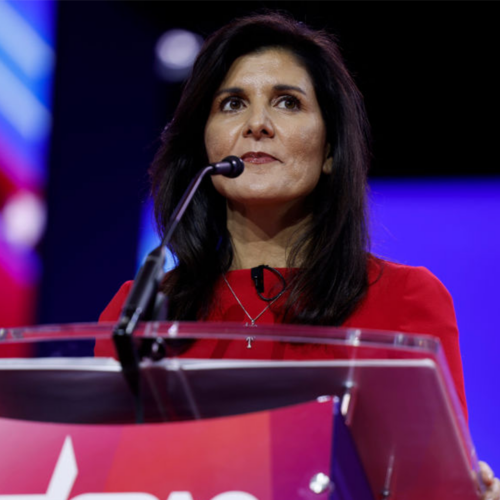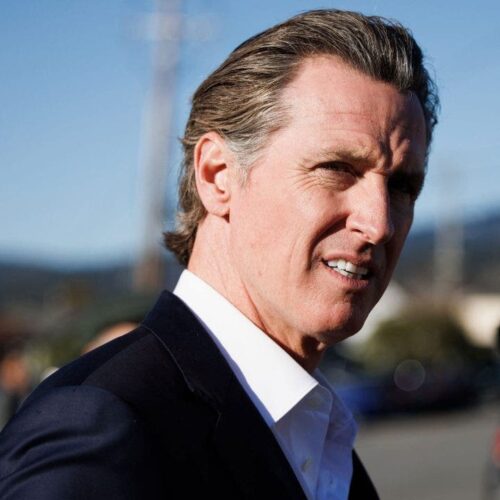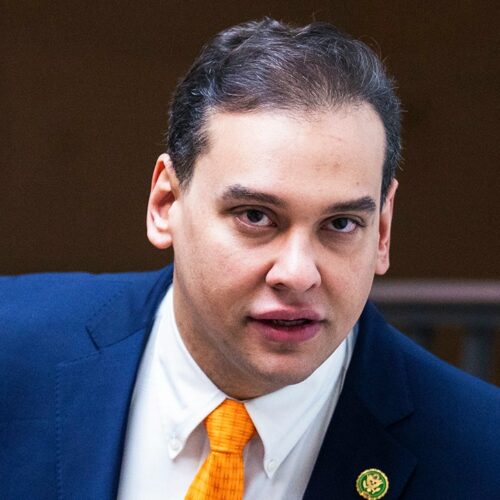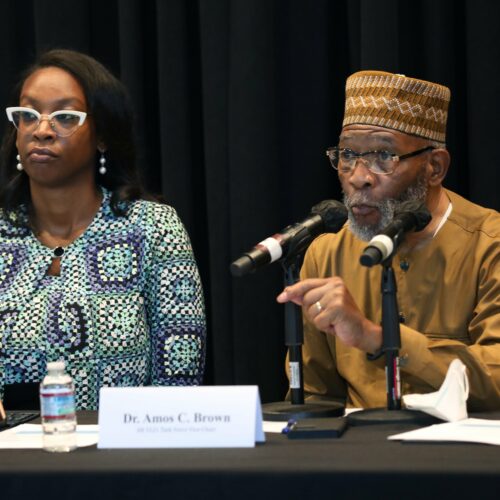The Supreme Court will hear arguments Wednesday in a case that could decide whether artist Andy Warhol violated copyright laws when he based a series of paintings of pop icon Prince on photographs he didn’t own.
The case could have significant effects on the rights of artists in mediums from illustration to songwriting. The question before the Supreme Court is whether the “fair use” doctrine of the Copyright Act protects Warhol, who used the images of Prince captured by celebrity photographer Lynn Goldsmith to create new works of art without her credit or consent.
In 1981, Goldsmith took a series of photographs of the musician Prince after pitching him to the photo editor of Newsweek as “the next big thing.”
Goldsmith, now 74, has photographed portraits of rock and pop icons from Michael Jackson to Bruce Springsteen to Madonna and has been featured on more than 100 album covers. In her legal brief, Goldsmith described how she chose specific artistic touches like purple eye shadow and lip gloss for her subject and used a specific camera lens to capture a “shy” then-undiscovered Prince. “There is a reason I pick everything I pick,” she stated.
SUPREME COURT KICKS OFF NEW TERM WITH ORAL ARGUMENTS
Prince died at the age of 57 in 2016.
(Richard E. Aaron/Redferns)
When Prince’s “star exploded” with the release of his Purple Rain album three years later, Vanity Fair commissioned Andy Warhol to recreate — with permission and licensing fees — one of the photographs from Goldsmith’s 1981 shoot.
What Goldsmith did not know was that Warhol also used her work to create an entire series of silkscreen images without her permission.
In 2016, after Prince died, Vanity Fair published one of Warhol’s recreated images saturated in bright orange paint for the cover of its special issue, “The Genius of Prince.” Goldsmith realized then that her photographs were being used without her permission or credit.
According to the legal filings, the Andy Warhol Foundation (AWF) charged Conde Nast — Vanity Fair’s parent company — $10,000 for use of the images and required the magazine to credit AWF. Goldsmith received no credit.
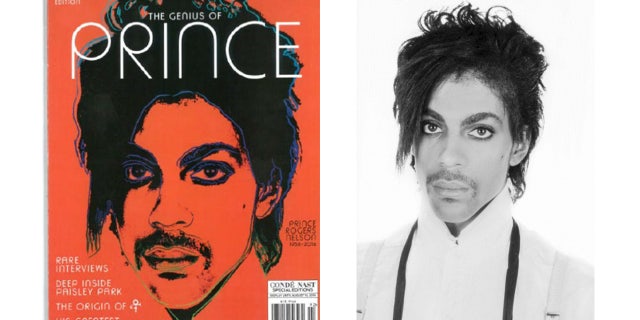
Left: 2016 Vanity Fair cover featuring Andy Warhol’s recreated image of Prince. Right: 1981 Lynn Goldsmith photograph of Prince.
(Source: Court documents)
SUPREME COURT TO HEAR CASE ON BIG TECH’S LEGAL IMMUNITY FROM CONTROVERSIAL CONTENT
Goldsmith is asking the Supreme Court to uphold a 2nd Circuit Court of Appeals ruling that Warhol’s images did not constitute a “transformative” use, which the “fair use” legal doctrine of the Copyright Act protects.
AWF is arguing that First Amendment claims apply, claiming that “drastic and harmful consequences for free expression” could result should the Supreme Court side with the lower court.
“The Second Circuit’s rule chills artistic speech by imposing the threat of ruinous penalties on artists who must predict — ex ante — whether their new work will be deemed too ‘recognizable’ to merit fair use protection,” their legal brief said. “By the same token, it may now be unlawful for collectors to sell — and museums to display — a large swath of works of art that derive inspiration from other works without fear of draconian consequences.”
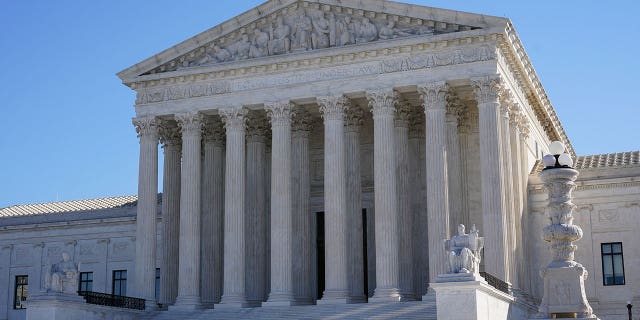
Supreme Court of the United States
(AP Photo/Patrick Semansky)
FIVE MONTHS LATER, SUPREME COURT STILL INVESTIGATING WHO LEAKED THE ABORTION CASE
An array of friend-of-the-court briefs were filed on behalf of Goldsmith, ranging from the Screen Actors Guild to Dr. Seuss Enterprises. Republican Sen. Marsha Blackburn of Tennessee, home to the Grand Ole Opry in Nashville, also weighed in with concerns of how altering copyright laws could impact the music industry.
“Artists — and songwriters in particular — rely on copyright protection to ensure that they are compensated for their work,” attorney William Lane of Wiley Rein LLP, who filed a brief on behalf of Blackburn, told Fox News Digital. “Weakening those protections would make it more difficult for them to earn a living. We hope that the Supreme Court takes this opportunity to make clear that the fair use doctrine can’t be used as an excuse to deprive artists of what is owed to them.”
CLICK HERE TO GET THE FOX NEWS APP
The Supreme Court will hear oral arguments at 10 a.m. on Oct. 12.


